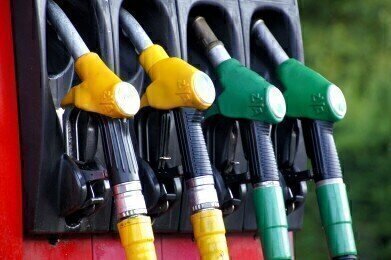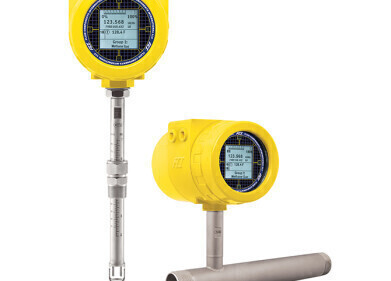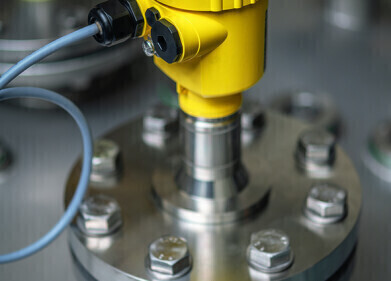Flow Level Pressure
Have BP's Profits Suffered in the Slump?
Nov 05 2016
It’s no secret that oil prices have been on a downward spiral for the past 12 months. And while advertised prices at petrol stations reflect the downturn, oil companies have been less liberal about disclosing the hard truth. But now the after-shock of the oil slump is lucid, with BP reporting a near 50% fall in third quarter profits. The drop reflects the sector’s continuing struggle with low prices, and reveals just how damaging the financial impact has been.
Crunching the numbers
This year, BP closed up its third quarter with US$933 million, on an underlying replacement cost basis. Independently, this sounds like a big profit margin. But compared with last year’s US$1.8 billion, the figure represents a 50% drop in profits.
BP has blamed falling oil prices for the dramatic slump, with Chief Financial Officer Brian Gilvary identifying a "weaker price and margin environment" as key causes.
Shell remains positive
Interestingly, the 50% profit drop isn’t an industry wide issue. At least not in 2016’s third quarter. Despite the global slump, rival oil company Royal Dutch Shell managed to increase its profits by 18% from last year. This saw Shell turn over US$2.8 billion, as well as successfully complete its US$50 billion purchase of BG Group earlier this year.
“Shell delivered better results this quarter, reflecting strong operational and cost performance," comments Shell Chief Executive Ben van Beurden.
That said, van Beurden still identified low oil prices as a “significant challenge” and admits that “the outlook remains uncertain."
BP reassures investors it’s still “on-track”
Despite the less than ideal economy, Gilvary has reassured the market that BP remains “on-track.” With its sights set on the future, the company is currently investing in projects, businesses and options designed to secure growth, and maximise future opportunities.
"We continue to make good progress in adapting to the challenging price and margin environment,” he states. “We remain on track to rebalance organic cash flows next year at $50 to $55 a barrel, underpinned by continued strong operating reliability and momentum in resetting costs and capital spending.”
The long-term outlook
While both BP and Shell have implemented asset-sale programmes and are drastically cutting costs in a bid to overcome the challenging market conditions, analysts maintain that both major companies are heavily banking on an oil price recovery.
"They're a big contributor in FTSE 100 dividend payouts and have continued to maintain those levels despite the fall in oil prices," comments David Hunter, a head energy analyst at Schneider Electric. "The long-term bet is in the oil price recovering to maintain their ability to pay these dividends.”
For a closer look at just how destructive the drop in crude oil and natural gas prices has been, Jane Williams offers expert insight in ‘Who is Manning the Cash Register? Part 1’
Digital Edition
PIN 25.2 Apr/May
April 2024
In this Edition Safety - Carbon monoxide toxic and flammable gas detection Analytical Instrumentation - Density: A fundamental parameter at critical stages within the petroleum sector...
View all digital editions
Events
May 03 2024 Seoul, South Korea
May 05 2024 Seville, Spain
May 06 2024 Riyadh, Saudi Arabia
May 06 2024 Houston, Tx, USA
May 06 2024 Houston, Tx, USA


















